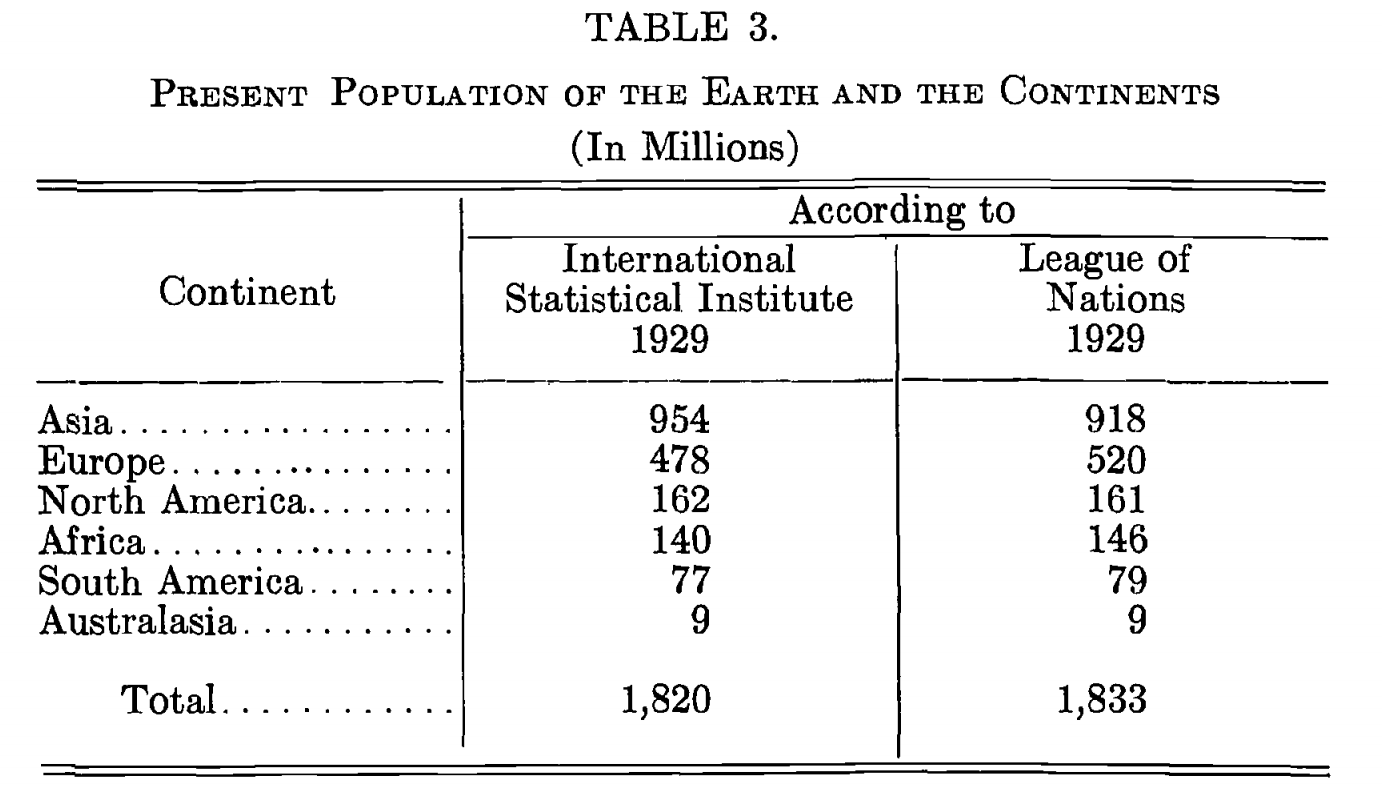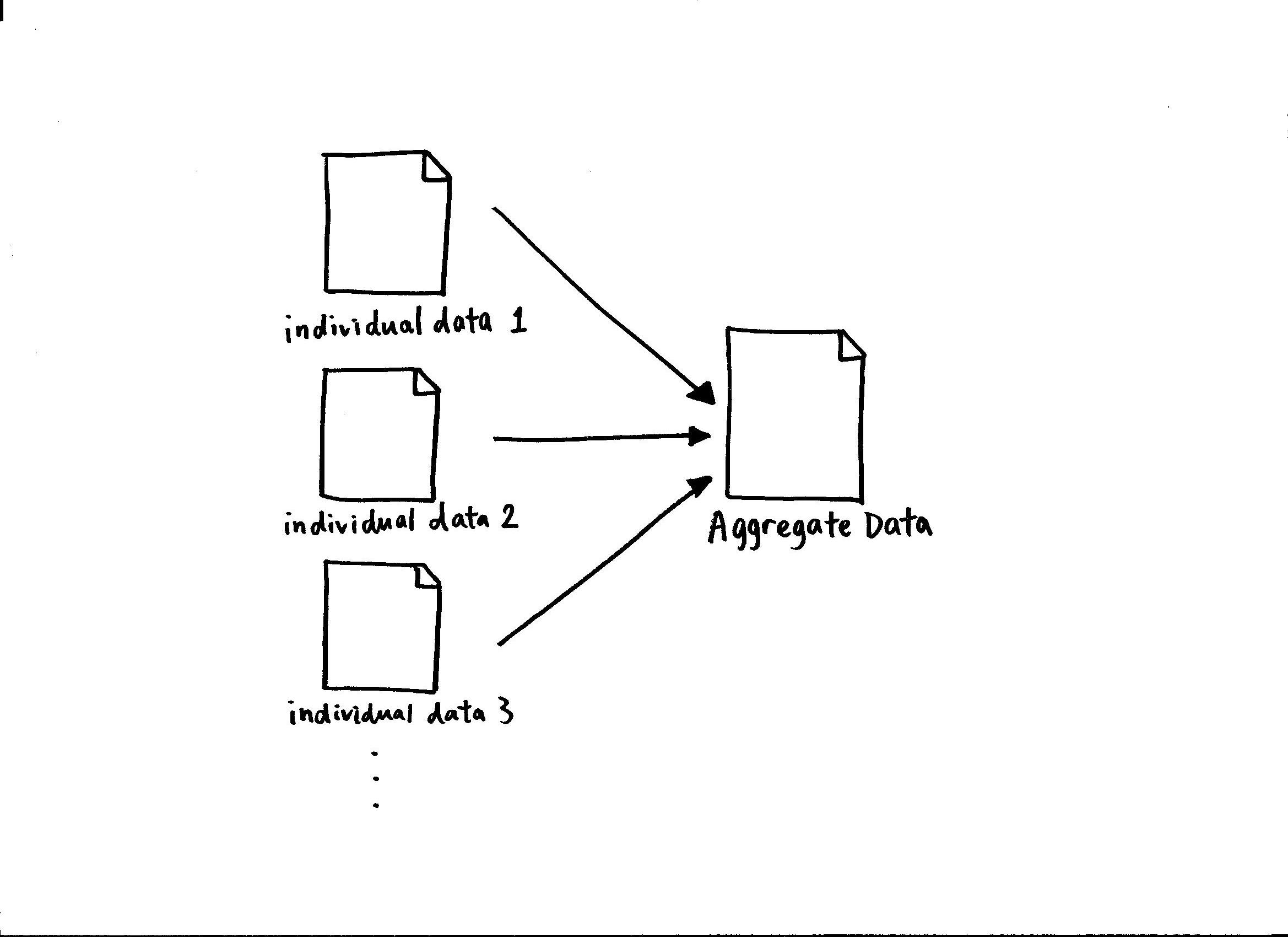|
Informal Inferential Reasoning
In statistics education, informal inferential reasoning (also called informal inference) refers to the process of making a generalization based on data (samples) about a wider universe (population/process) while taking into account uncertainty Uncertainty refers to Epistemology, epistemic situations involving imperfect or unknown information. It applies to predictions of future events, to physical measurements that are already made, or to the unknown. Uncertainty arises in partially ... without using the formal statistical procedure or methods (e.g. P-values, t-test, hypothesis testing, significance test). Like formal statistical inference, the purpose of informal inferential reasoning is to draw conclusions about a wider universe (population/process) from data (sample). However, in contrast with formal statistical inference, formal statistical procedure or methods are not necessarily used. In statistics education literature, the term "informal" is used to distinguish inform ... [...More Info...] [...Related Items...] OR: [Wikipedia] [Google] [Baidu] |
Statistics Education
Statistics education is the practice of teaching and learning of statistics, along with the associated scholarly research. Statistics is both a formal science and a practical theory of scientific inquiry, and both aspects are considered in statistics education. Education in statistics has similar concerns as does education in other mathematical sciences, like logic, mathematics, and computer science. At the same time, statistics is concerned with evidence-based reasoning, particularly with the analysis of data. Therefore, education in statistics has strong similarities to education in empirical disciplines like psychology and chemistry, in which education is closely tied to "hands-on" experimentation. Mathematicians and statisticians often work in a department of mathematical sciences (particularly at colleges and small universities). Statistics courses have been sometimes taught by non-statisticians, against the recommendations of some professional organizations of statisti ... [...More Info...] [...Related Items...] OR: [Wikipedia] [Google] [Baidu] |
Data
In the pursuit of knowledge, data (; ) is a collection of discrete values that convey information, describing quantity, quality, fact, statistics, other basic units of meaning, or simply sequences of symbols that may be further interpreted. A datum is an individual value in a collection of data. Data is usually organized into structures such as tables that provide additional context and meaning, and which may themselves be used as data in larger structures. Data may be used as variables in a computational process. Data may represent abstract ideas or concrete measurements. Data is commonly used in scientific research, economics, and in virtually every other form of human organizational activity. Examples of data sets include price indices (such as consumer price index), unemployment rates, literacy rates, and census data. In this context, data represents the raw facts and figures which can be used in such a manner in order to capture the useful information out of i ... [...More Info...] [...Related Items...] OR: [Wikipedia] [Google] [Baidu] |
Uncertainty
Uncertainty refers to Epistemology, epistemic situations involving imperfect or unknown information. It applies to predictions of future events, to physical measurements that are already made, or to the unknown. Uncertainty arises in partially observable or stochastic environments, as well as due to ignorance, Laziness, indolence, or both. It arises in any number of fields, including insurance, philosophy, physics, statistics, economics, finance, medicine, psychology, sociology, engineering, metrology, meteorology, ecology and information science. Concepts Although the terms are used in various ways among the general public, many specialists in decision theory, statistics and other quantitative fields have defined uncertainty, risk, and their measurement as: Uncertainty The lack of certainty, a state of limited knowledge where it is impossible to exactly describe the existing state, a future outcome, or more than one possible outcome. ;Measurement of uncertainty: A set of po ... [...More Info...] [...Related Items...] OR: [Wikipedia] [Google] [Baidu] |
Statistical Inference
Statistical inference is the process of using data analysis to infer properties of an underlying probability distribution, distribution of probability.Upton, G., Cook, I. (2008) ''Oxford Dictionary of Statistics'', OUP. . Inferential statistical analysis infers properties of a Statistical population, population, for example by testing hypotheses and deriving estimates. It is assumed that the observed data set is Sampling (statistics), sampled from a larger population. Inferential statistics can be contrasted with descriptive statistics. Descriptive statistics is solely concerned with properties of the observed data, and it does not rest on the assumption that the data come from a larger population. In machine learning, the term ''inference'' is sometimes used instead to mean "make a prediction, by evaluating an already trained model"; in this context inferring properties of the model is referred to as ''training'' or ''learning'' (rather than ''inference''), and using a model for ... [...More Info...] [...Related Items...] OR: [Wikipedia] [Google] [Baidu] |
Joan Garfield
Joan B. Garfield is an American educational psychologist specializing in statistics education. She is retired from the University of Minnesota as a professor emeritus of educational psychology. Education Garfield entered the University of Wisconsin intending to study anthropology, but graduated in 1972 with a bachelor's degree in education and a minor in mathematics. She became a middle school mathematics teacher but, realizing she needed more preparation as a teacher, returned to graduate school. She chose the University of Minnesota hoping to work with Donovan Johnson, whose works she had read, but he had retired and she instead worked with his student Robert Jackson. She earned a master's degree in mathematics education from the University of Minnesota in 1978, and while working on it was encouraged by statistician Raymond O. Collier Jr. to continue for doctoral studies. She completed her Ph.D. in educational psychology from the University of Minnesota in 1981. Career Garfield b ... [...More Info...] [...Related Items...] OR: [Wikipedia] [Google] [Baidu] |
Maxine Pfannkuch
Maxine Jeanette Pfannkuch is a New Zealand statistics educator, known for her work reforming the New Zealand national statistics curriculum. She is an associate professor in the department of statistics of the University of Auckland, and the former editor-in-chief of the ''Statistics Education Research Journal''. Education Pfannkuch taught at the high school level beginning in 1972, and was head of mathematics at Avondale College, Auckland from 1983 to 1987. After working as an advisor to the Ministry of Education and as an instructor at the Auckland College of Education, she returned to graduate study in 1994 and earned her Ph.D. in 1999 from the University of Auckland under the supervision of Chris J Wild. Her Ph.D. thesis was titled ''Characteristics of statistical thinking in empirical enquiry''. She became editor-in-chief of the ''Statistics Education Research Journal'' in 2015. Recognition Pfannkuch is an Elected Member of the International Statistical Institute The ... [...More Info...] [...Related Items...] OR: [Wikipedia] [Google] [Baidu] |
International Statistical Institute
The International Statistical Institute (ISI) is a professional association of statisticians. It was founded in 1885, although there had been international statistical congresses since 1853. The institute has about 4,000 elected members from government, academia, and the private sector. The affiliated Associations have membership open to any professional statistician. The institute publishes a variety of books and journals, and holds an international conference every two years. The biennial convention was commonly known as the ISI Session; however, since 2011, it is now referred to as the ISI World Statistics Congress. The permanent office of the institute is located in the Statistics Netherlands building in Leidschenveen (The Hague), in the Netherlands. Specialized Associations ISI serves as an umbrella for seven specialized Associations: *Bernoulli Society for Mathematical Statistics and Probability (BS) *International Association for Statistical Computing (IASC) *Internationa ... [...More Info...] [...Related Items...] OR: [Wikipedia] [Google] [Baidu] |
Aggregate Data
Aggregate data is high-level data which is acquired by combining individual-level data. For instance, the output of an industry is an aggregate of the firms’ individual outputs within that industry. Aggregate data are applied in statistics, data warehouses, and in economics. There is a distinction between aggregate data and individual data. Aggregate data refers to individual data that are averaged by geographic area, by year, by service agency, or by other means. Individual data are disaggregated individual results and are used to conduct analyses for estimation of subgroup differences. Aggregate data are mainly used by researchers and analysts, policymakers, banks and administrators for multiple reasons. They are used to evaluate policies, recognise trends and patterns of processes, gain relevant insights, and assess current measures for strategic planning. Aggregate data collected from various sources are used in different areas of studies such as comparative political ana ... [...More Info...] [...Related Items...] OR: [Wikipedia] [Google] [Baidu] |
Statistical Inference
Statistical inference is the process of using data analysis to infer properties of an underlying probability distribution, distribution of probability.Upton, G., Cook, I. (2008) ''Oxford Dictionary of Statistics'', OUP. . Inferential statistical analysis infers properties of a Statistical population, population, for example by testing hypotheses and deriving estimates. It is assumed that the observed data set is Sampling (statistics), sampled from a larger population. Inferential statistics can be contrasted with descriptive statistics. Descriptive statistics is solely concerned with properties of the observed data, and it does not rest on the assumption that the data come from a larger population. In machine learning, the term ''inference'' is sometimes used instead to mean "make a prediction, by evaluating an already trained model"; in this context inferring properties of the model is referred to as ''training'' or ''learning'' (rather than ''inference''), and using a model for ... [...More Info...] [...Related Items...] OR: [Wikipedia] [Google] [Baidu] |



